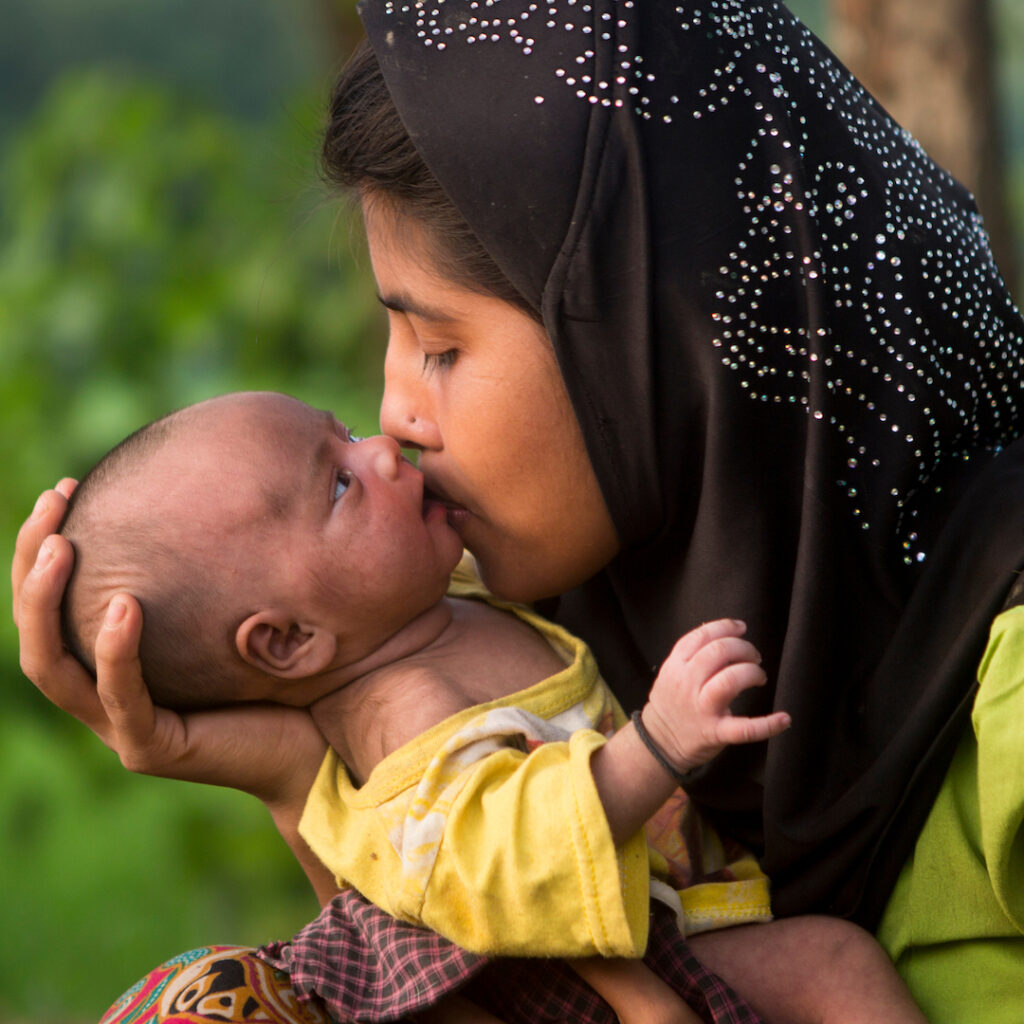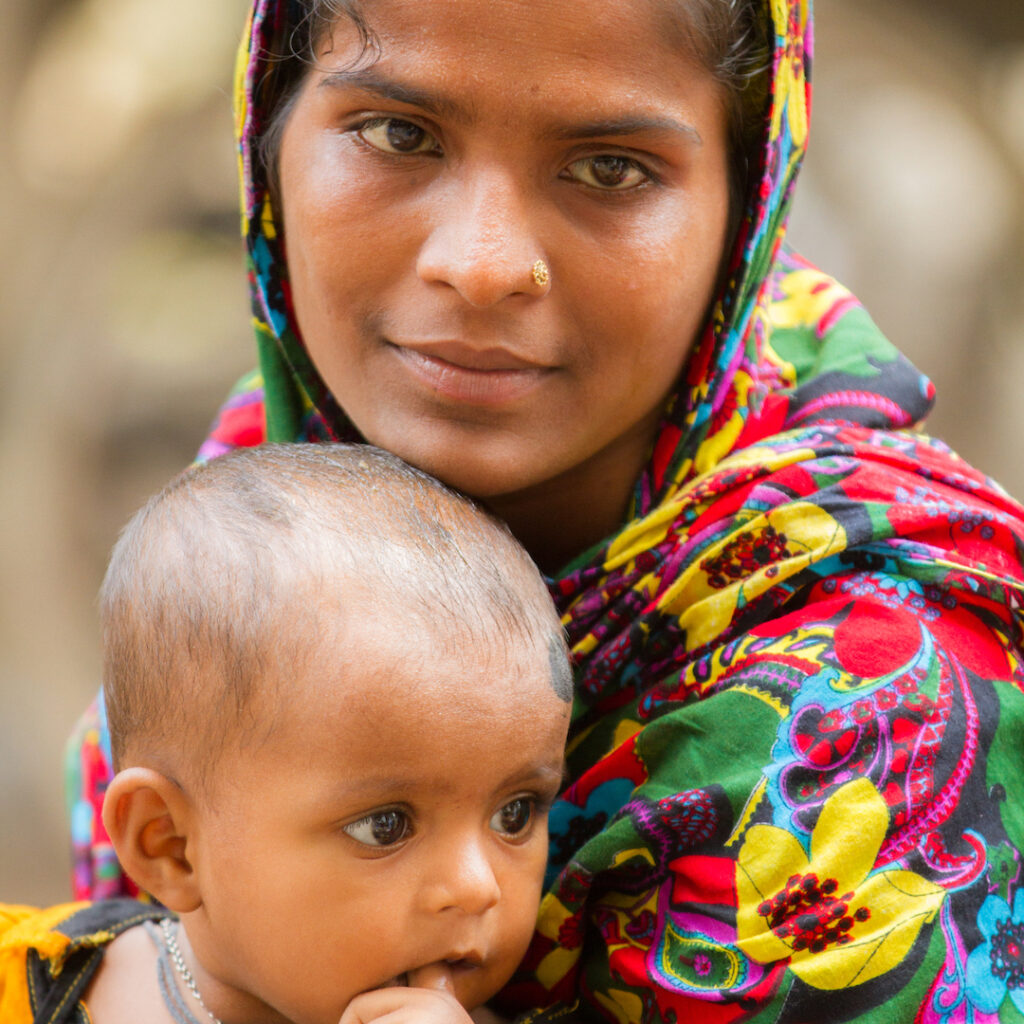Healthy Women, Healthy Families
Together with Management Sciences for Health (MSH) and local partners, we are co-designing a contextually adapted group perinatal care service delivery model to support married, first-time parents below the age of 24 in Gazipur, Bangladesh. Currently, too few pregnant women living in Gazipur’s informal settlements receive the minimum number of antenatal care (ANC) contacts recommended by the World Health Organisation, and many deliveries are neither attended by qualified professionals nor take place in health facilities.
Conventionally, perinatal care has been provided on a one-to-one basis. However, in recent years group care models have emerged as a promising approach to deliver care more effectively and efficiently during and after pregnancy. The group model helps increase the social support for pregnant women, building bonds between women and their care providers, as well as increasing counselling information and duration. Between 2016–2019, Scope collaborated with MSH to design and implement a group ANC model in Uganda, Kenya, and Guatemala, using human-centred design (HCD) methods to customise the curriculum to the local cultural context.
Building upon our previous work, we are partnering with BRAC in Bangladesh to work with young women and their families, health workers, local partners, and key community and systems actors to co-design a person-centred service model that bridges ANC to postnatal care (PNC) in a peri-urban informal settlement. The new model reflects women’s lived realities as well as provide experience and content that meets their needs. The process also involves husbands and other family members who often influence important care-seeking decisions during and after pregnancy. Based on our learning, we develop recommendations on how to adapt the group model to different contexts.
Human-centred design approach
As in our previous Group ANC work, Scope is using human-centred design to identify the needs and preferences of perinatal care clients and care providers. Using co-design methods, we have supported MSH to refine, iterate, and test initial concepts and prototypes of the group perinatal care model.
Throughout the design process, we have also been building our partners’ skills and knowledge in HCD mindsets and methods through our “learning-by-doing” approach. By institutionalising innovation in this way, partners are able to employ the same techniques in future programme designs to develop interventions that are both responsive to the local population’s needs and sustainable in the long term.
Expected outcomes
The project’s main outcome is the novel integrated and contextually adapted group perinatal care service delivery model for young first-time parents. The co-designed service model is currently being implemented by MSH and BRAC in two health facilities in the target area. The model’s impact and outcomes will be evaluated by the Population Council. Scope will work with BRAC and MSH at key moments in the project to use HCD-led methods to solve problems arising in the design of the model or its implementation.

